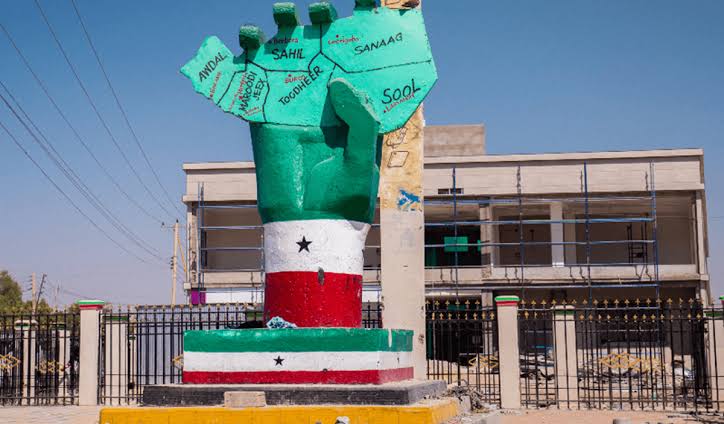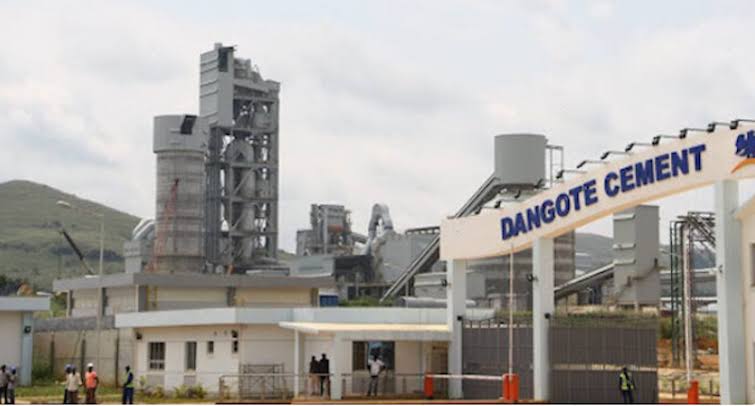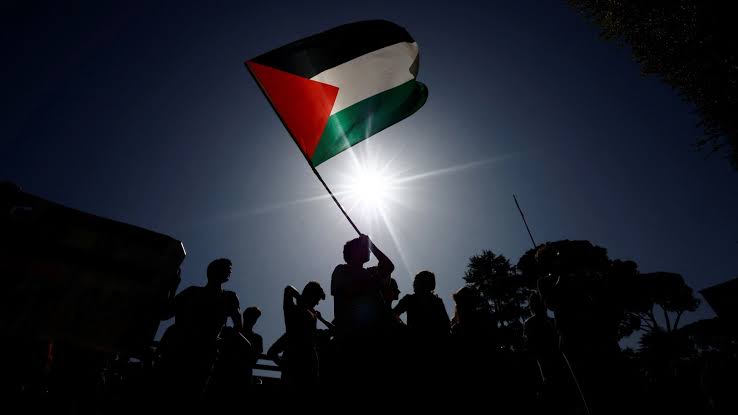
Faith Nyasuguta
Canada will officially recognize the State of Palestine in September 2025, Prime Minister Mark Carney announced on Wednesday. This move marks a dramatic shift in Canadian foreign policy and aligns the country with a growing number of Western nations pushing for Palestinian statehood amid the continuing humanitarian crisis in Gaza.
Speaking after a high-level Cabinet meeting and discussions with the U.K. Prime Minister Keir Starmer, Carney said the recognition will be formalized during the 80th session of the United Nations General Assembly. He emphasized that Canada’s support is not unconditional, tying the recognition to specific reforms by the Palestinian Authority. “The level of human suffering in Gaza is intolerable,” Carney said. “Canada is committed to helping establish a peaceful and democratic Palestinian state.”
Carney outlined several key conditions for recognition. The Palestinian Authority must commit to broad democratic reforms, including organizing general elections in 2026, from which Hamas – designated a terrorist organization by Canada – must be excluded. The future Palestinian state must also agree to a process of gradual demilitarization.
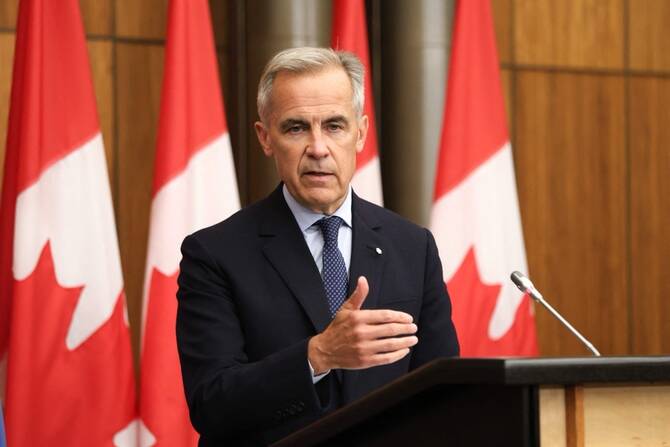
Canada, he added, will expand its development and governance support to Palestinian institutions to help lay the foundation for a peaceful and functional democracy.
The announcement follows similar declarations by France and the United Kingdom, who have recently pledged support for Palestinian statehood amid growing international frustration with the stagnation of the peace process. More than 140 countries already recognize Palestine as a sovereign state, but Canada’s entry into that list represents a huge shift for a country that has historically sided with Israel in many global forums.
Internationally, Carney’s move is being viewed as part of a larger Western repositioning on the Israel-Palestine issue. The Gaza war, which has resulted in thousands of deaths and massive displacement, has forced many nations to re-evaluate their diplomatic stances. Carney noted that the recognition is designed to send a clear message that democratic values and peaceful solutions must take priority over endless cycles of violence.
Reactions to Canada’s decision have been mixed. Palestinian officials welcomed the announcement as a vital step toward justice and international legitimacy. Israeli officials, however, voiced strong opposition, warning that premature recognition without a peace agreement could embolden extremists and further destabilize the region.
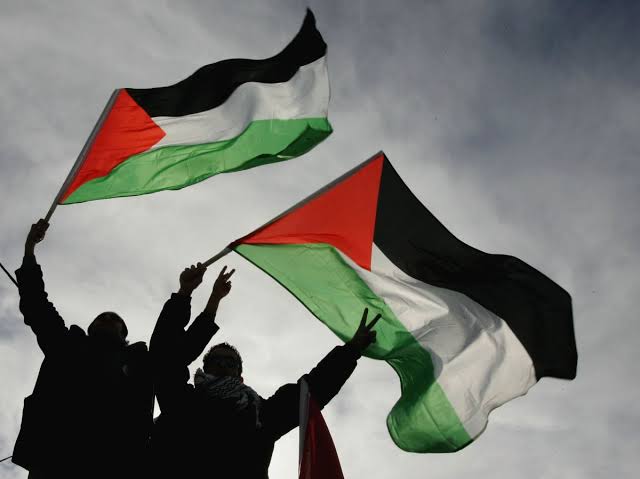
Within Canada, the announcement has sparked debate. Pro-Palestinian groups praised the government for responding to global human rights concerns, while some conservative lawmakers accused Carney of undermining a close ally. Despite the criticism, Carney maintained that the decision is rooted in Canada’s values of peace, democracy, and human dignity.
He concluded by stating that Canada will work closely with other international partners to ensure that Palestinian statehood becomes not just symbolic but a foundation for long-term stability in the Middle East. “We are choosing hope, democracy, and peace,” Carney said. “This is not just about recognition. It’s about the kind of future we want to help shape.”
RELATED:






